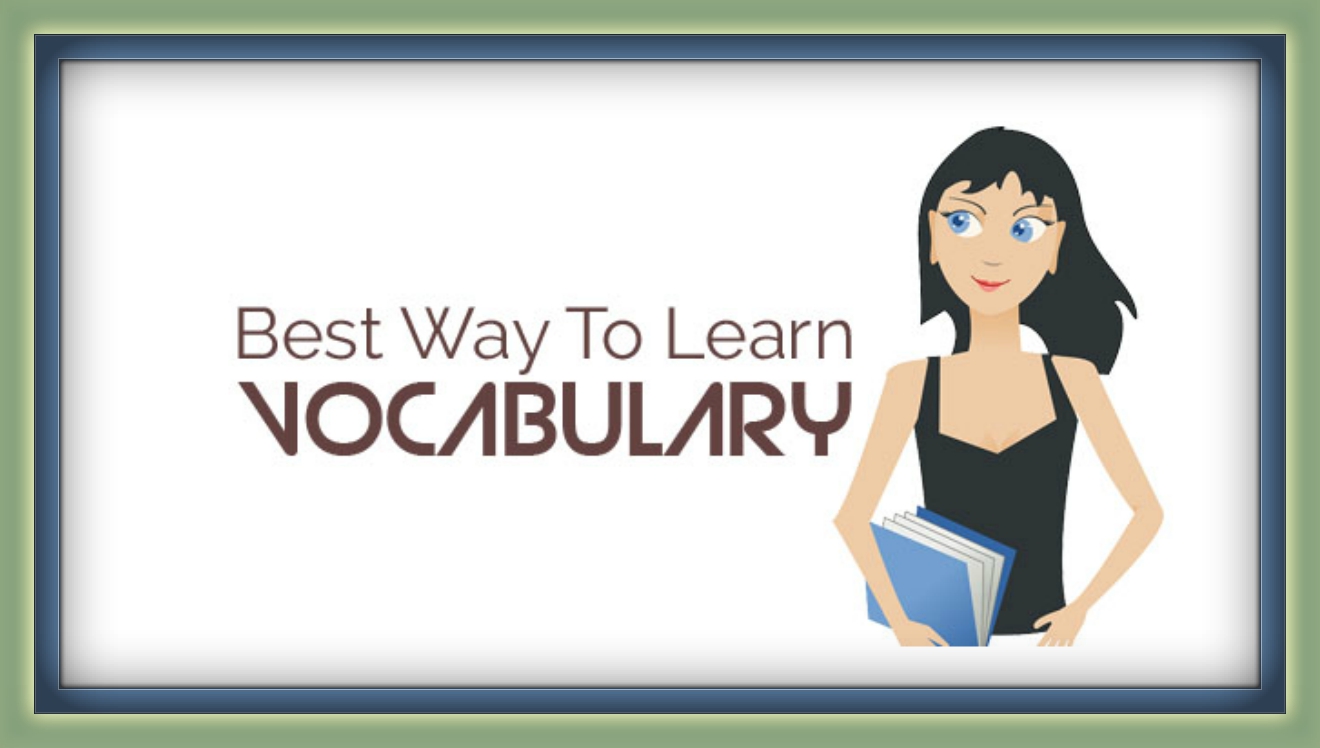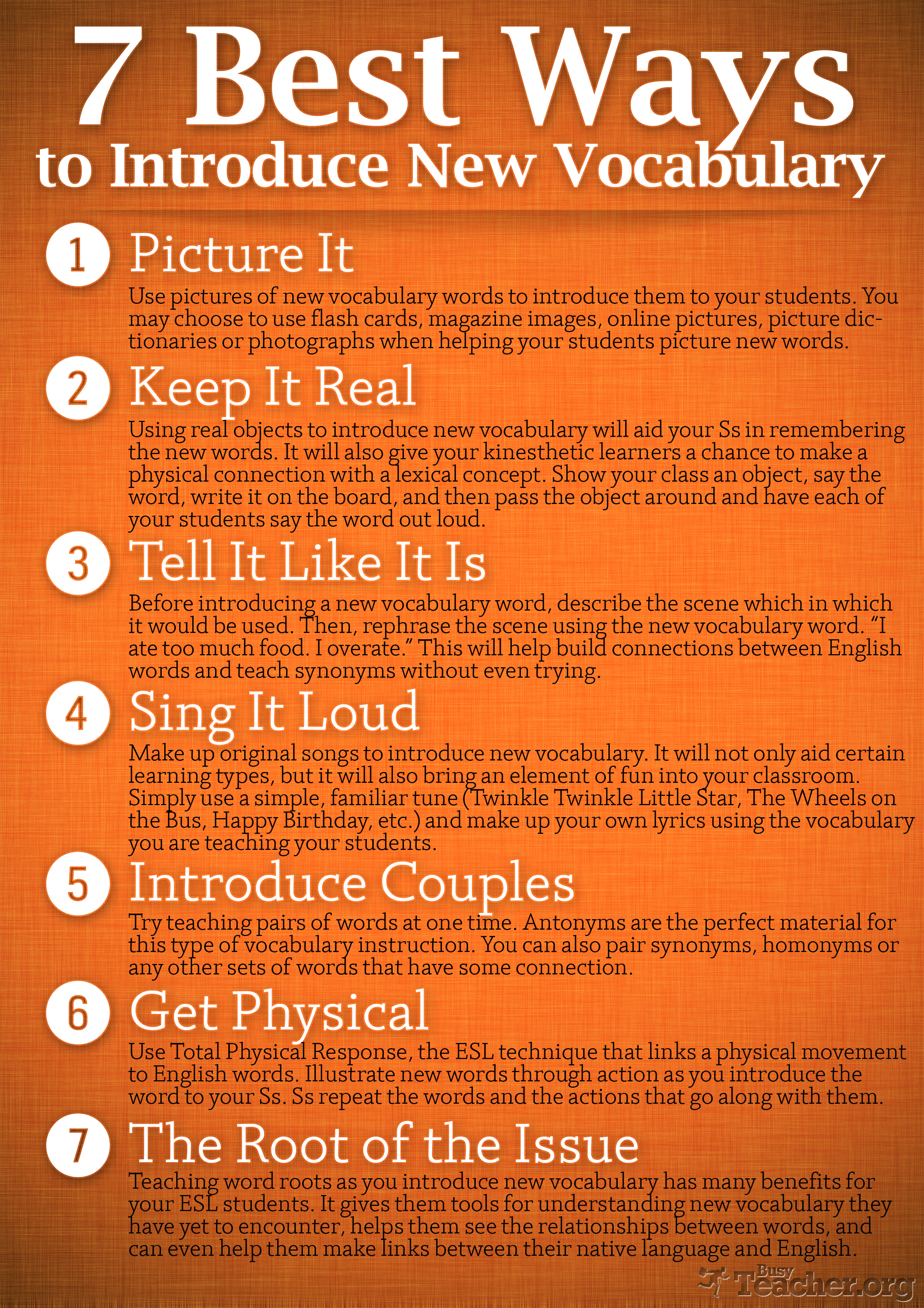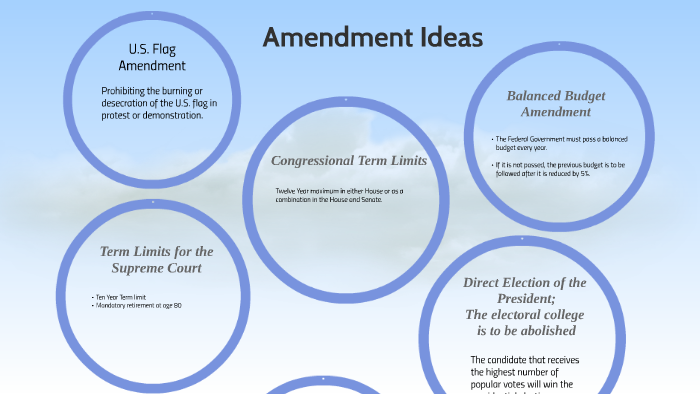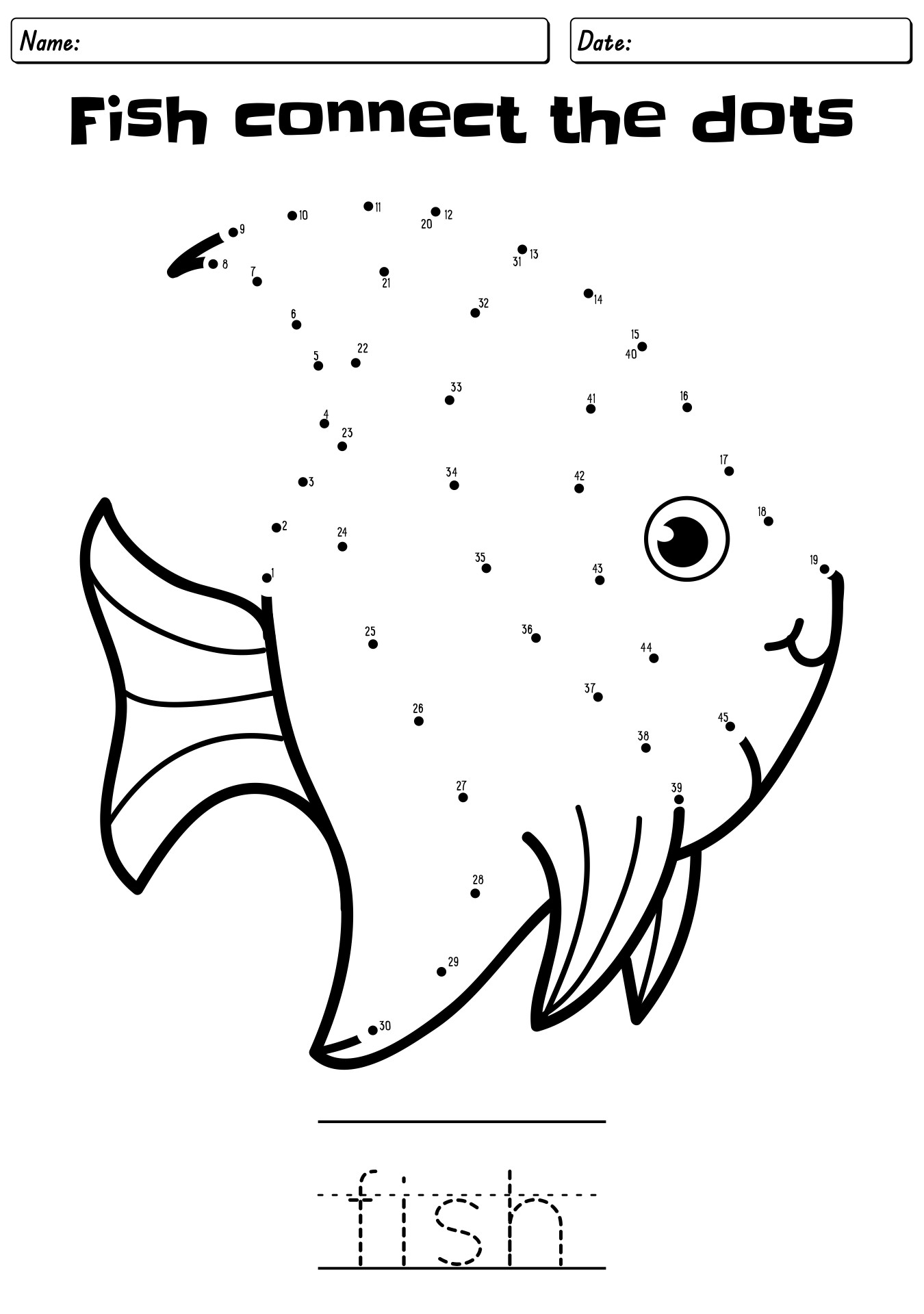Language foreign learn learning course languages english courses tips ultimate guide books classes worldexecutivesdigest practical quick own selecting factors matter
Table of Contents
Table of Contents
The ability to learn a new language is a skill that can take you places you never imagined possible. Whether it’s for travel, business or personal growth, being able to communicate in another language can provide new opportunities and experiences. However, the journey to fluency can be a challenging one, particularly when it comes to building vocabulary. In this article, we will explore the best way to learn new language vocabulary and how it can be achieved with ease.
Pain Points
Learning new language vocabulary can be a daunting task, especially when you’re starting from scratch. The sheer quantity of new words can be overwhelming, and it can be hard to know where to begin. It can also be challenging to retain new words and phrases in your memory, particularly when you’re not using them on a daily basis. Additionally, textbook-based learning can be dull and uninspiring.
The Solution
The best way to learn new language vocabulary is to take a multi-faceted approach that uses a combination of methods. First and foremost, immerse yourself in the language. Create a daily routine that incorporates listening, reading and speaking the language you wish to learn. Stay motivated by finding ways to make learning fun - watch movies, listen to music or connect with native speakers. Finally, be consistent and patient. Rome wasn’t built in a day, and neither will your fluency!
Main Points
In summary, the best way to learn new language vocabulary is to:
- Immerse yourself in the language on a daily basis
- Find ways to make learning fun
- Connect with native speakers
- Be consistent and patient
How to Start Learning Vocabulary
Starting with the basics is key to a successful language learning journey. Begin by learning the most common words that are used in everyday conversation. This will give you a solid foundation to build upon. Next, add vocabulary that is relevant to your personal interests and goals. If you love food, learn food-related vocabulary. If you plan to travel, focus on transportation and accommodation-related terms.
Creating a visual dictionary can also be an effective tool. Use flashcards or create word clouds that group words by topic or theme. By associating words with images, you’ll be more likely to remember them. Additionally, practicing words in context, such as using them in sentences or short conversations, can reinforce their meaning and usage.
Benefits of Learning Vocabulary
Expanding your vocabulary can have a wide range of benefits. Not only does it allow for more efficient communication, but it can also improve your cognitive abilities, memory and overall brain function. Additionally, language learning has been shown to enhance cultural awareness and understanding, which can lead to more meaningful interpersonal connections.
Tips for Learning Vocabulary
To make learning vocabulary more effective, consider breaking words down into their root components. This can help you understand suffixes and prefixes and decipher the meaning of new words. Additionally, try to create associations between new words and ones you already know.
Personal Experience
As someone who has learned several languages, I’ve found that the key to success is persistence and creativity. For me, using apps to learn vocabulary while commuting or doing housework has been a game changer. I love learning vocabulary in context, so I’ll watch TV shows or movies in my target language, too. One of my most successful methods is to find a language exchange partner - this has allowed me to practice speaking in a relaxed and fun environment, while also learning from a native speaker.
Questions and Answers
Q: Can you learn vocabulary by reading books?
A: Yes! Reading books can be an effective way to learn new vocabulary, particularly if you read in your target language. You can also use a dictionary to look up unfamiliar words as you read.
Q: How long does it take to learn vocabulary in a new language?
A: The amount of time it takes to learn new vocabulary can vary, depending on factors such as the complexity of the language and the amount of time you dedicate to learning. Generally, it can take several months to a year to build a solid vocabulary foundation.
Q: Is it necessary to learn grammar rules along with vocabulary?
A: Grammar rules can be useful to understand the context and structure of a language, but they are not necessary to build vocabulary. If your focus is on vocabulary, you can start by learning common words and phrases and then work on grammar over time.
Q: How can I stay motivated when learning new vocabulary?
A: Find ways to make learning fun and connect with others who share your interest in the language. Set achievable goals and reward yourself when you reach them. Remember that language learning is a journey, so enjoy the process!
Conclusion of Best Way to Learn New Language Vocabulary
In conclusion, learning new language vocabulary doesn’t have to be a daunting task. By taking a multi-faceted approach, staying motivated and consistent, and having fun with the process, you can achieve fluency in no time. Happy learning!
Gallery
Quickest Way To Learn A New Language For Free! | Mommy Bunch

Photo Credit by: bing.com / language learn way quickest tips flipboard yummly linkedin mix twitter
6 Best Steps To Learn Vocabulary

Photo Credit by: bing.com / vocabulary learn steps speaking attitude plays wants academy important language discussion today most part
The Ultimate Guide To The Best Foreign Language Learning Read Now!

Photo Credit by: bing.com / language foreign learn learning course languages english courses tips ultimate guide books classes worldexecutivesdigest practical quick own selecting factors matter
Best Way To Learn A New Language By Yourself - 20 Steps - Career Cliff

Photo Credit by: bing.com / steps careercliff
7 Best Ways To Introduce New Vocabulary: Poster

Photo Credit by: bing.com / vocabulary poster ways teaching word introduce strategies english teacher work classroom instruction words study learning reading language posters busy activities






